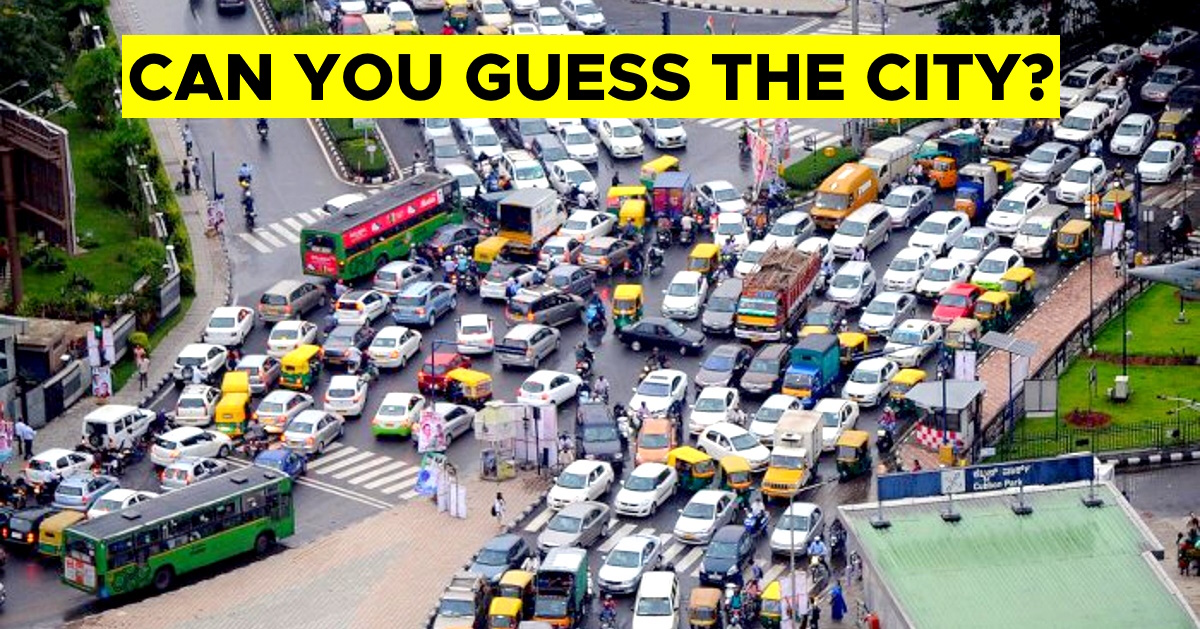Asia’s Worst Cities For Traffic: 2 Indian Cities Top The List


The problem of traffic in major cities across the globe is increasing at a very rapid pace. The result of this is that people can only drive a small distance even after spending a lot of time. Recently, a new study has found that the top 8 cities in all of Asia with the worst traffic include Bengaluru and Pune at the top of the list. Yes, it is now official that Bangalore has the worst traffic in Asia, where it takes 28 minutes and 10 seconds just to cover 10 km.
As per the TomTom Traffic Index, the city of Bangalore in Karnataka has the slowest moving traffic. It has been stated that it takes drivers 28 minutes and 10 seconds just to cover 10 km during peak traffic hours. Also, the second Indian city, just 20 seconds behind in this list, is Pune, Maharashtra.
It has been reported that it takes an average of 27 minutes and 50 seconds for a driver to go about 10 km in this city. This particular data is based on the trip data from drivers within a 5-km radius from the city center. It includes data from a total of 387 cities across 55 countries.
Pune was followed by Manila, Philippines, and Taichung, Taiwan. The time to travel 10 km in these cities is 27 minutes, 20 seconds, and 26 minutes, 50 seconds. Apart from these, Sapporo, Japan, ranked fifth on the list with 26 minutes and 50 seconds.
As for the global list, it has been reported that London, United Kingdom, has the worst traffic in the entire world. A 10 km trip in the city takes an average of 37 minutes and 20 seconds per 10 km.
Over the last few years, the traffic in the city of Bangalore has been worsening. Back in 2023, it was revealed that Bangalore had surpassed Delhi as the city with the most privately owned vehicles, with an increase of 7.1 percent noted since 2021.
This increase in the number of privately owned vehicles has had a direct relation with the increase in traffic in Bangalore. It has been reported that car commuters in Bangalore spend around 1–1.5 hours daily commuting one way. Meanwhile, two-wheeler riders commute for 35–40 minutes.
It has been reported that due to this increasing issue of traffic jams, people are now preferring to travel by metro to reach their destinations quickly. On average, people in Bangalore spend around 45 minutes commuting by metro.
However, due to poor last-mile connectivity, their travel times reach 1–1.5 hours. What’s interesting is that, despite this, more people are now opting to use the metro for their travel. In a survey conducted on metro usage, 95 percent of 3,855 respondents stated that they are interested in switching to the metro for their commutes.
Taking note of this increasing traffic problem, the authorities in Bangalore are now using the Bangalore Adaptive Traffic Control System (BATCS) to reduce congestion at traffic junctions. This system utilizes AI-driven traffic signals that alter signal timings based on real-time traffic.
Since May of this year, this system has been expanded to 69 junctions in Bangalore. The city aims to increase this number to 165 by January and over 500 by March. Some junctions have seen over a 33 percent reduction in congestion due to this system.